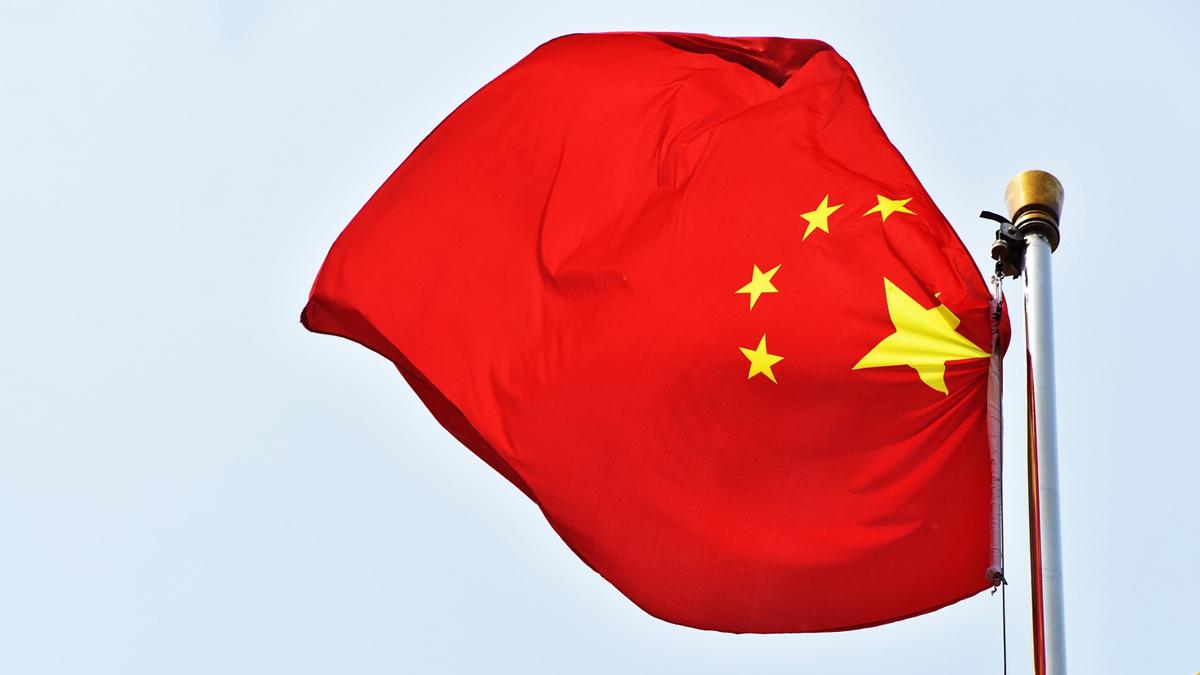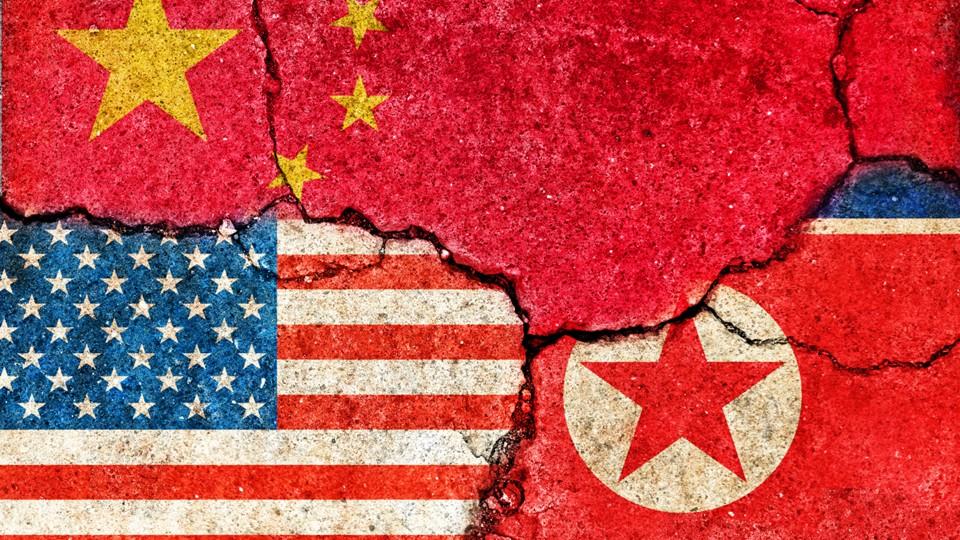US-Chinese relations put the brakes on biotech cooperation

The China-US trade war has spread to the biotech industry, as the US BIOSECURE Act looks to dampen Chinese influence on a range of services, including contract manufacturing. Ben Hargreaves examines the proposals of the Act and how the frosty relations between the nations could impact the industry.
The current geopolitical landscape is fraught with tension. Between the Israeli-Palestinian conflict, the war in Ukraine, and the China-United States trade war, the global political climate is tense. The theme in common between these three ongoing events is that they are long-standing issues that have been simmering in the background before coming to the fore in recent years.
During Donald Trump’s presidency, when rhetoric around China began to become more combative, there was a focus on ‘onshoring’ the manufacture of pharmaceutical medicines. However politically motivated, the discussion over the reliance on China for the manufacture of certain medical products had been a concern in the US for some time. One example is China’s pivotal role in the supply of antibiotics, which has been raised as a matter of national security.
In a more recent escalation of this confrontation, the BIOSECURE Act was tabled in the US, which aims to prevent the contracting or extension of loans and grants with a “biotechnology company of concern”. The reasoning provided was the assertion that the Chinese government “seeks to dominate biotechnology as an industry of the future.” At a time when many pharma companies have been partnering and engaging in contract activities with Chinese firms, the outcome of the Act could have far-reaching potential for the industry’s activities in the future.
Acting responsibly?
The draft Act was drawn up by the bipartisan House Select Committee on the Strategic Competition between the US and China. The suggestion by the Act is that certain Chinese organisations cannot be considered separate from the government, and the country’s ambitions. In relation to this, the Act proposes the counter-action of prohibiting the procurement or obtainment of biotechnology equipment or services produced by a biotech company of concern. Further, the entering of a contract or extension or renewal of a contract with a relevant company would also be prohibited. The Act also notes that loaning or granting funds to such a company would be blocked.
In terms of what constitutes a company of concern, the main focus is Chinese biotechnology companies that are perceived to be influenced by the Chinese government. Broader than this, it also includes any entity that could be subject to control or operations by the government of a ‘foreign adversary’, or simply poses a threat to US security.
Within the Act, there are four companies mentioned by name: BGI, MGI, Complete Genomics, WuXi AppTec, and their affiliates. In May, an updated BIOSECURE Act was voted through by the House Committee on Oversight and Accountability, after the Senate Homeland Security and Government Affairs Committee had also given the Act its stamp of approval. In the latest draft report, WuXi Biologics was also added to the list of named companies that are considered of concern. In the last six months, WuXi Biologics’ share price has fallen by over 70% and WuXi AppTec is down by close to 50%, at the time of writing.
Forced to react
The Act has caused a strong reaction across the industry, not least because ties with the companies mentioned have become stronger in recent years, with numerous companies contracting Chinese companies for manufacturing. Initially, it was suggested that BIO, a membership trade organisation for biotech, had been lobbying on behalf of WuXi AppTec and against the BIOSECURE Act. However, in a reversal, the organisation released a public statement in March stating that it would support the Act and that WuXi AppTec had ‘proactively ended its membership’ with the organisation.
In addition, the language of its statement supported the US’ combative approach against China. BIO CEO, John Crowley, stated: “Our adversaries abroad have stated that they intend to become the biotechnology centre of excellence in the world. America and our allies cannot let this happen. Securing and advancing our pre-eminence in biomanufacturing will be one key component of a multi-prong approach to secure and advance this strategic imperative in biotechnology.”
In its own statement, WuXi AppTec said: “As deliberations on this legislation continue, we are actively correcting the unfounded and misleading claims about our company. We are confident that, upon considering the facts, US lawmakers will understand that WuXi AppTec does not in any way pose a national security risk to any country.”
After the update to the BIOSECURE Act, Global Times, an English-language Chinese newspaper understood to be the mouthpiece of the Chinese Communist Party, contained a statement from BGI, which suggested that the Act was part of a strategy “to eliminate competition and strengthen [US] monopoly in the DNA sequencing market.” The article also suggested that the Act was a broader effort to secure votes for the Biden administration ahead of the presidential election at the end of the year.
Distant deadlines, immediate impact
Though the Act is currently being discussed, the deadline for uncoupling relations with Chinese biotech is set for the 31st of January 2032. However, the ramifications of the Act are already being felt across the industry. One immediate action was the choice by WuXi AppTec and WuXi Biologics to pull out of the 2024 BIO Convention.
If the Act is pushed through, then there will be larger questions for those companies than simply pulling out of an industry event. The companies may need to assess whether their sites in the US are still viable, with both WuXi companies possessing multiple manufacturing locations in the country.
For the companies based in the US, but partnered with Chinese companies, this will mean seeking out alternative companies that provide similar services to Chinese firms. Uncoupling from service providers in the industry is not a simple process, with a BIO survey suggesting that the process could take as many as eight years to complete. As such, the deadline for the updated Act was set for 2032, giving companies time to source new service providers. However, the drop off in capacity could take some time to be replaced – though this, ultimately, may end up benefitting US and European organisations that can help fill the shortfall.













